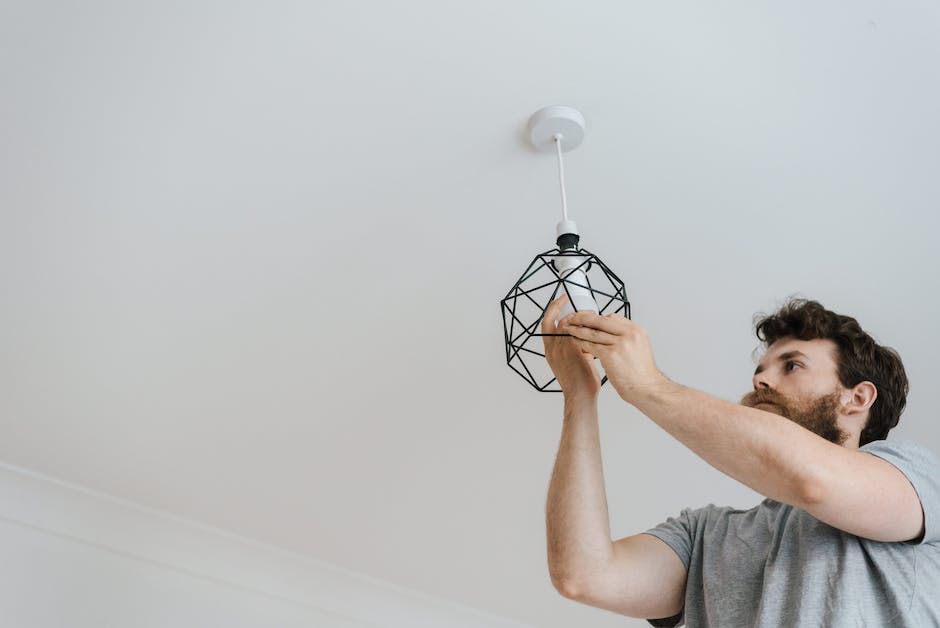
The Pros and Cons of Installing a Home Automation System in Your Rental Property
Home automation systems have become increasingly popular in recent years, with many homeowners and real estate investors considering the installation of these systems in their rental properties. This article will explore the pros and cons of installing a home automation system in your rental property, providing valuable insights for US real estate investors, homeowners, first-time home buyers, and real estate agents.
What is a Home Automation System?
A home automation system, also known as a smart home system, is a collection of interconnected devices and technologies that allow homeowners and tenants to control various aspects of their living environment remotely. These systems can include smart thermostats, lighting controls, security systems, and more. With the rise of the Internet of Things (IoT), home automation systems have become more advanced and accessible, making them an attractive option for rental property owners.
Pros of Installing a Home Automation System in Your Rental Property
1. Increased Property Value
- One of the main benefits of installing a home automation system in your rental property is the potential for increased property value. According to a study by the National Association of Realtors, smart home features can increase a home’s value by up to 5%.
- Home automation systems can make your property more attractive to potential tenants, as they offer increased convenience, security, and energy efficiency. This can lead to higher rental rates and a more competitive position in the rental market.
2. Energy Efficiency and Cost Savings
- Smart home systems can help reduce energy consumption by allowing tenants to control heating, cooling, and lighting remotely. This can lead to significant cost savings on utility bills for both tenants and property owners.
- For example, a study by the American Council for an Energy-Efficient Economy found that smart thermostats can save homeowners an average of 12-15% on heating and cooling costs.
3. Enhanced Security and Safety
- Home automation systems can include security features such as smart locks, video doorbells, and surveillance cameras, providing increased security for your rental property and peace of mind for tenants.
- These systems can also include safety features such as smoke and carbon monoxide detectors, which can alert tenants and property owners to potential hazards and help prevent accidents.
4. Remote Property Management
- For property owners and managers, home automation systems can provide the ability to monitor and control various aspects of the property remotely. This can be particularly useful for managing multiple rental properties or for those who live far away from their rental property.
- Remote property management can also help property owners respond more quickly to maintenance issues, reducing the potential for damage and costly repairs.
Cons of Installing a Home Automation System in Your Rental Property
1. Upfront Costs and Installation
- One of the main drawbacks of installing a home automation system in your rental property is the upfront cost. Depending on the complexity of the system and the number of devices involved, the initial investment can be significant.
- Additionally, the installation process can be time-consuming and may require professional assistance, adding to the overall cost.
2. Maintenance and Repairs
- As with any technology, home automation systems can experience malfunctions and require repairs. This can be an added expense for property owners and may cause inconvenience for tenants.
- It’s essential to consider the long-term maintenance costs and potential repair issues when deciding whether to install a home automation system in your rental property.
3. Privacy Concerns
- Some tenants may have concerns about privacy when it comes to home automation systems, particularly those that include surveillance cameras or other monitoring devices.
- Property owners should be transparent about the presence and purpose of these devices and ensure that they are used in a way that respects tenants’ privacy rights.
4. Technology Obsolescence
- As technology continues to advance rapidly, there is a risk that home automation systems may become outdated or incompatible with newer devices and technologies.
- Property owners should consider the potential for technology obsolescence when investing in a home automation system and be prepared to update or replace components as needed.
Conclusion
Installing a home automation system in your rental property can offer numerous benefits, including increased property value, energy efficiency, and enhanced security. However, it’s essential to weigh these advantages against the potential drawbacks, such as upfront costs, maintenance, and privacy concerns. By carefully considering the pros and cons, property owners can make an informed decision about whether a home automation system is the right choice for their rental property.